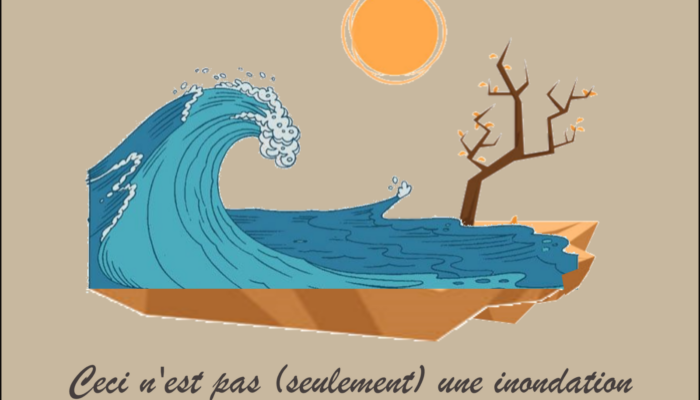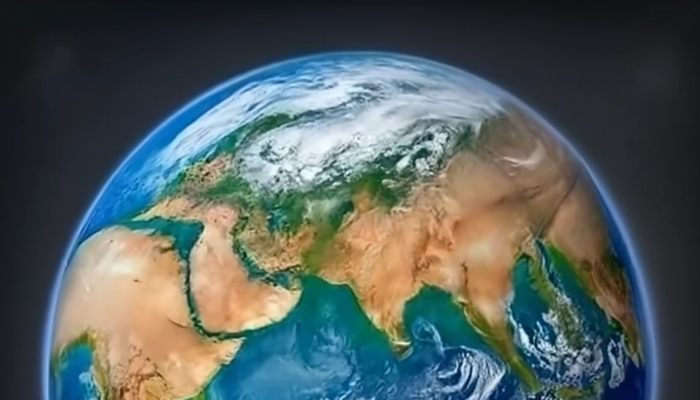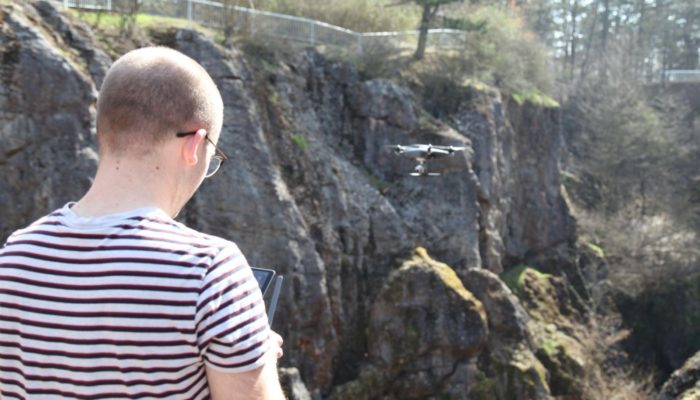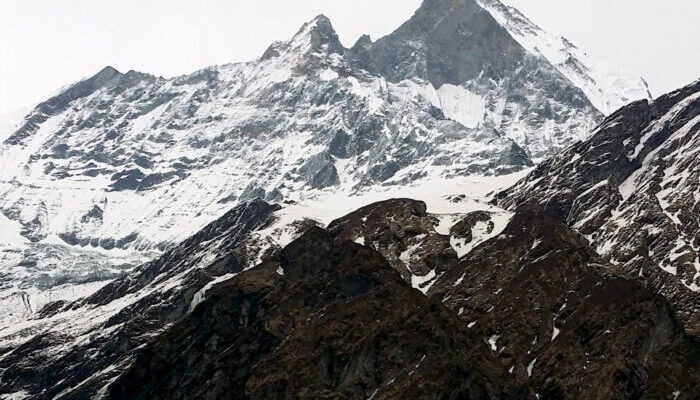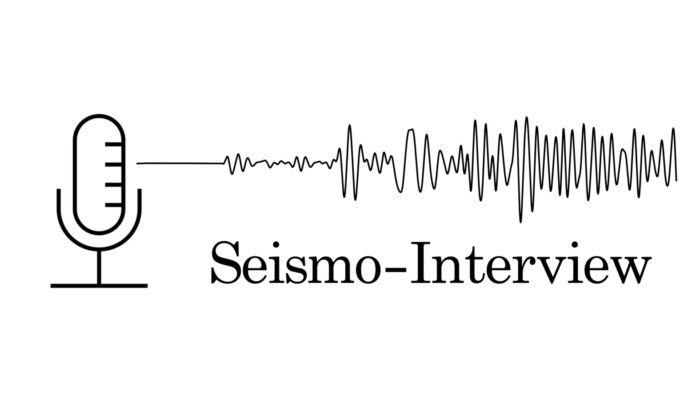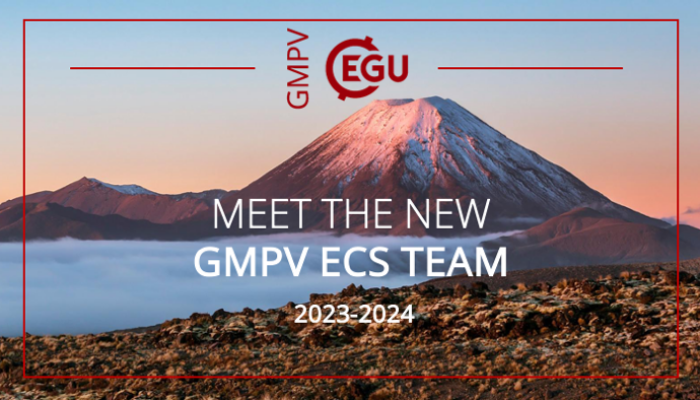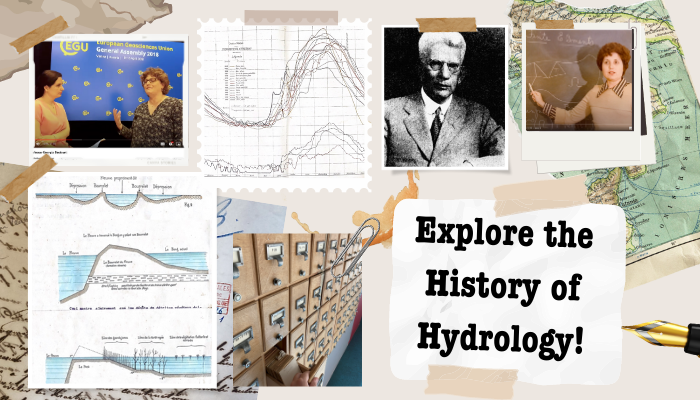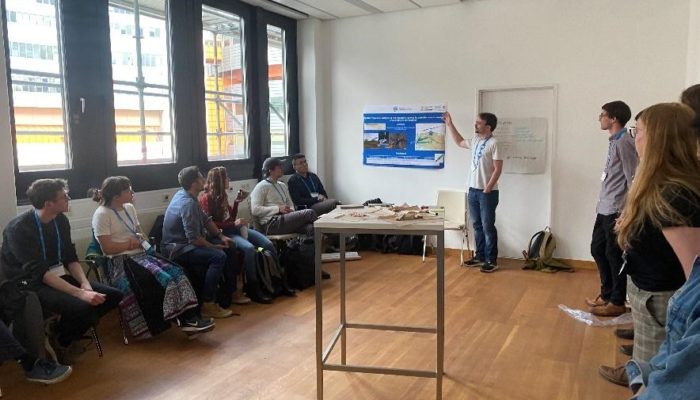This is not (only) a flood. Inspired by Magritte’s painting: ‘Ceci n’est pas une pipe’ After an alarming dry winter, the European continent has been enduring weeks of a record-breaking heatwave across the southern regions, while coping with scattered, intense precipitation and flash floods. In Zaragoza (Spain), recent flash floods swiftly transformed the previously dry landscape into raging rivers ...[Read More]
Hydrological Sciences
How to organize an EGU24 Session as a newcomer? A guide for early career scientists.
Have you ever thought about organizing an EGU session instead of just attending them? Until September 14th you have the chance to do just that! It can sound a bit intimidating, especially if you’ve never done it before. But don’t worry – here’s everything you have to know. Find a Topic and Co-Conveners First off, you need to settle on a topic and find your co-conveners, i.e. the team who ...[Read More]
Geodynamics
Physics-Based Machine Learning – Curse or Blessing?
The advance of Artificial Intelligence is impacting all spheres of human activity, and Geosciences are no exception. In this week’s post, Denise Degen from RWTH Aachen University, Germany, gives us a glimpse of what this means for Geodynamics. Discussing the advantages and caveats of different approaches, she shows how physics-based Machine Learning may help us investigating and understanding comp ...[Read More]
Geomorphology
A Day in the Life – Márton Pál
This blog post is part of our series: “A day in the life of a geomorphologist” for which we’re accepting contributions! Please contact one of the GM blog editors, Emily or Emma, if you’d like to contribute. Márton Pál, Cartographer, Earth Scientist, ELTE Eötvös Loránd University, Institute of Cartography and Geoinformatics, Budapest, Hungary pal.marton@inf.elte.hu How can we visualise spat ...[Read More]
Geodynamics
Going to the mountains is going home
Geoscientists explore the nature from a different perspective than the commoners. In this week’s blog, Stephanie Sparks from Arizona State University shares her story how her passion for mountains gradually became her profession. Her journey through different regions in Himalaya leads her to understand the exhumation rate and the underlying geodynamic processes behind the formation of world’s high ...[Read More]
Seismology
An interview with our new division leader: Alice-Agnes Gabriel
At EGU’s GA this year we managed to catch up with Dr Alice-Agnes Gabriel, Associate Professor at the Scripps Institution of Oceanography, University of California, and the new head of the Seismology Division. Over the interview she gave us insights into her relationship with seismology over the years, what she hopes to achieve in her new position, and how EGU can stay relevant into the future. Let ...[Read More]
Geochemistry, Mineralogy, Petrology & Volcanology
Meet the GMPV Early Career Scientists group!
2023 has been a year of big changes in the GMPV Division, with our new President Holly J. Stein, and in the GMPV Early Career Scientists (ECS) Committee, with new ECS Representative, Blog in Chief Editor and Chief organizer of the Campfires! First of all, we would like to thank Giulia Consuma for her amazing work as ECS Representative of our division for the years GA/2022-2023 and as Campires orga ...[Read More]
Geodynamics
A summer science YouTube playlist
Summer is not over yet, so today I prepared a list of science YouTube channels to check out during the lazy summer afternoons. Scientists and teachers love to share their research, experiments and insights with anyone who is willing to listen, so there are many fantastic science channels to watch. These people work hard to make science accessible for everyone, so when we’re all done watching bad s ...[Read More]
Hydrological Sciences
Exploring the History of Hydrology – Join the Effort to Map Our Discipline Across the Centuries
The history of hydrology stretches back millennia: from the engineers of ancient high cultures over scientific pioneers like Da Vinci and Pallisy to modern groundbreaking modellers. However, so far, few hydrologists have worked to systematically record the history of their discipline – especially in its more recent decades. That is a gap that the History of Hydrology working group of the In ...[Read More]
Geomorphology
Crowd solving comes to the rescue again at EGU23!
by Emma Lodes, PhD student, GFZ-Potsdam (Germany) Twitter: @LodesEmma | email: lodes@gfz-potsdam.de Research in Earth Science starts with the spark of an idea, and is then often challenged by issues with access, temporal or spatial scaling, lack of knowledge in specific domains, or simply road bumps in our lives. As Early Career Scientists (ECS), and especially as students, our individual pr ...[Read More]

